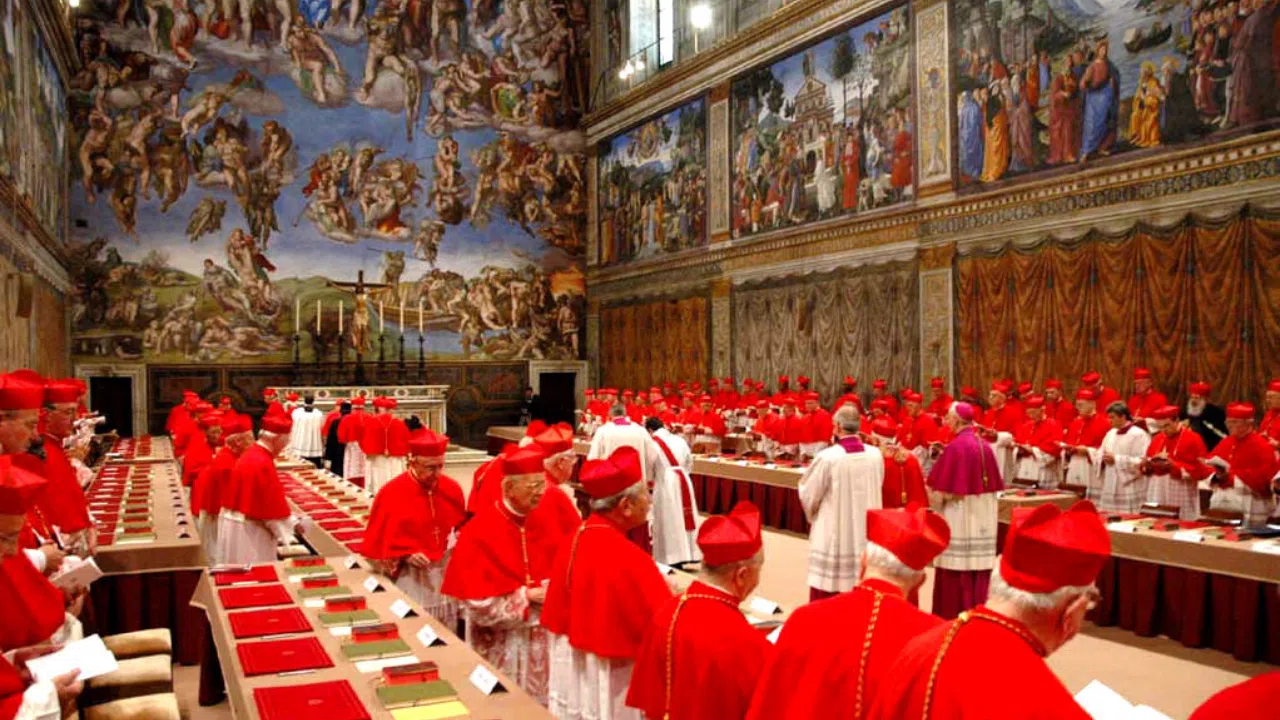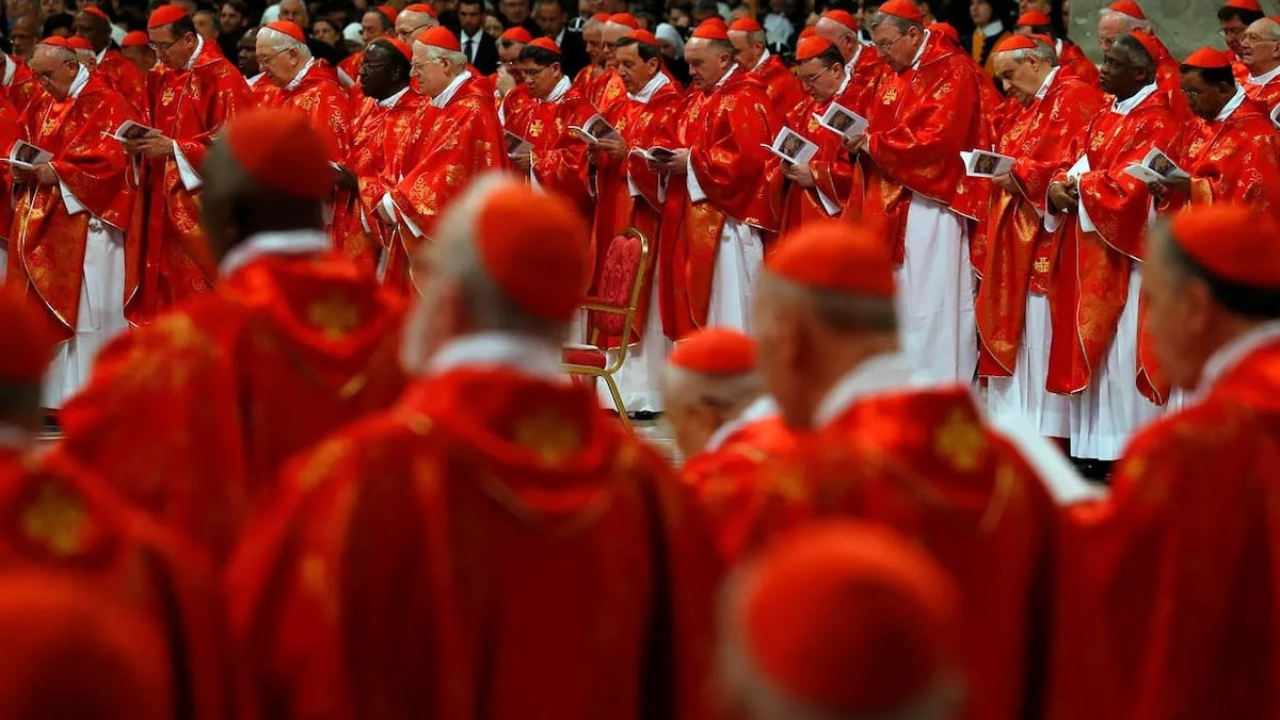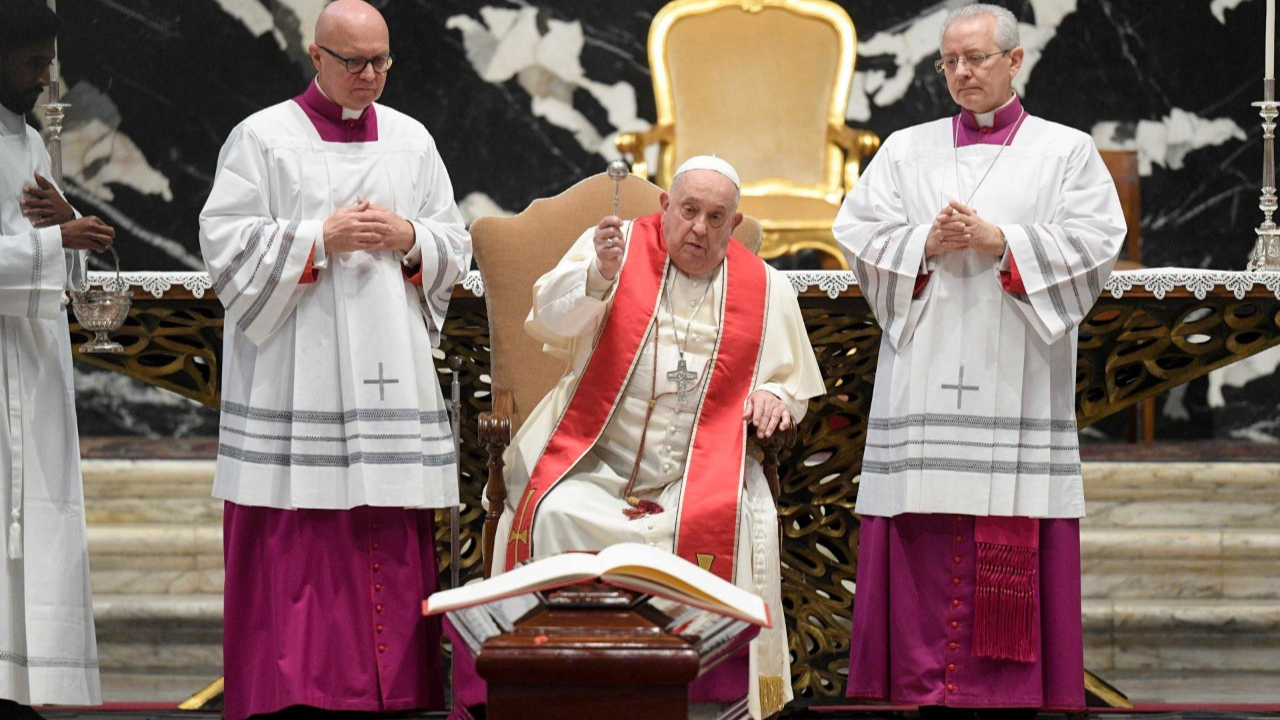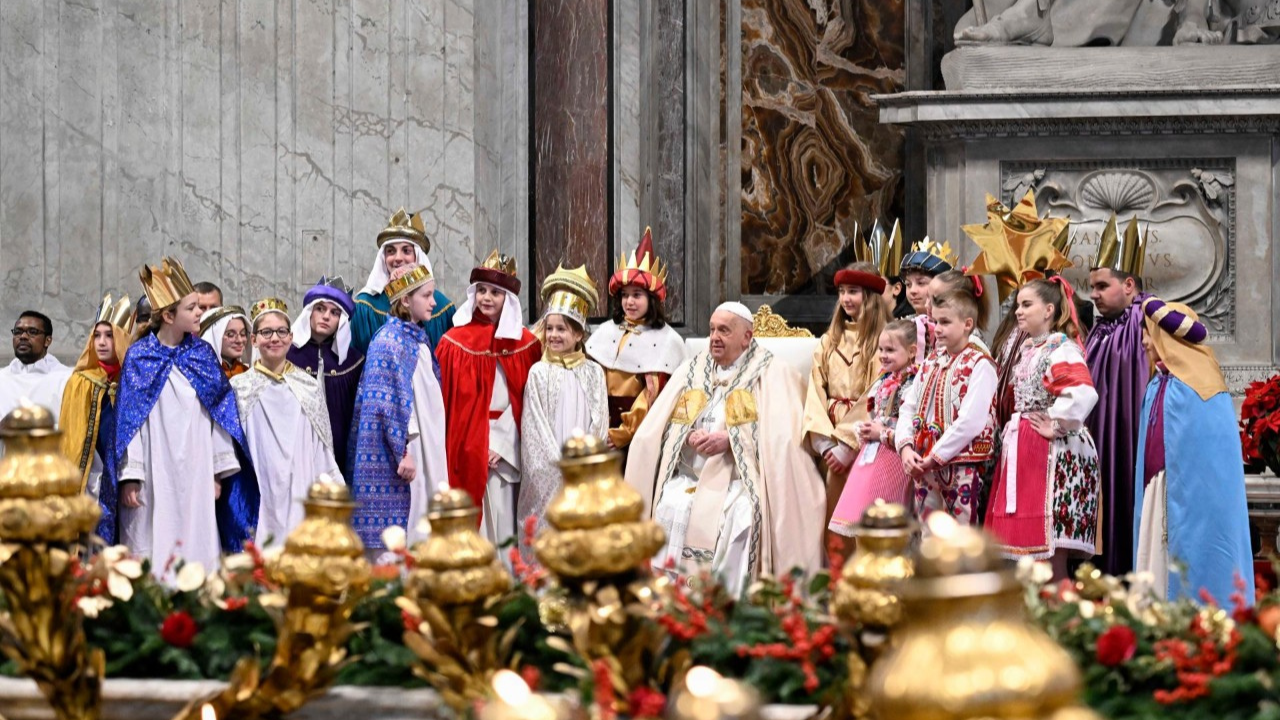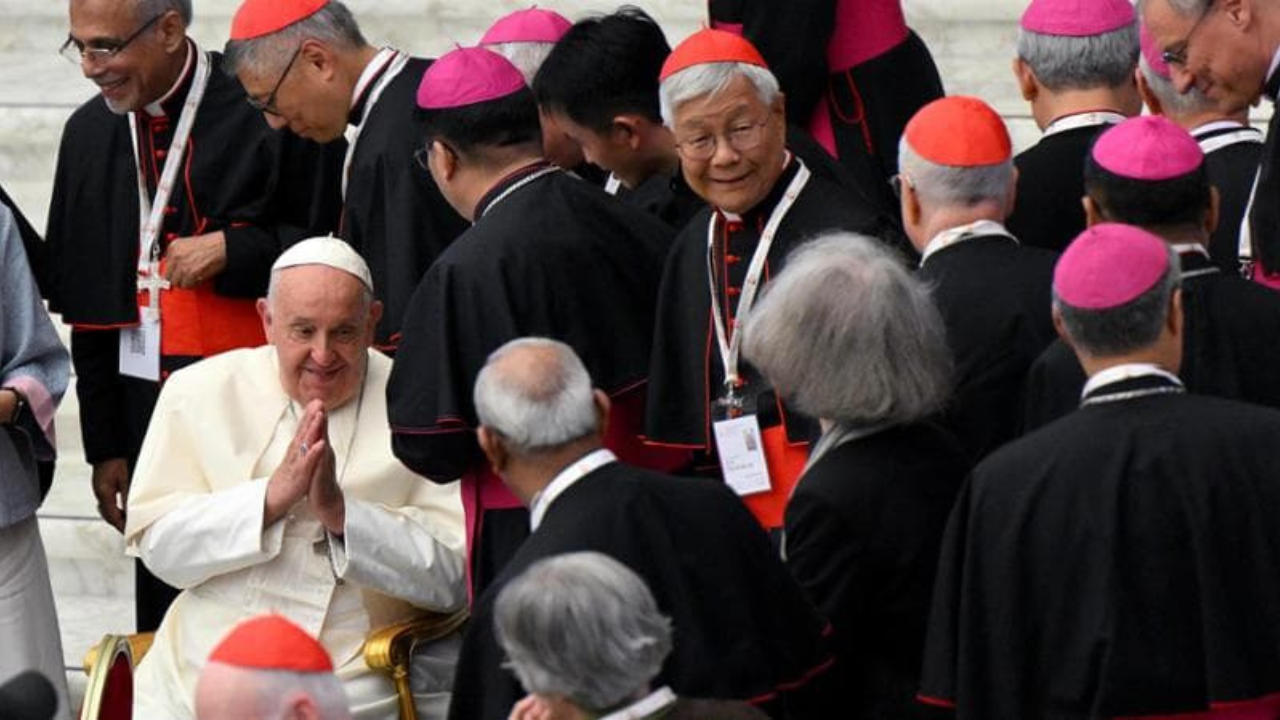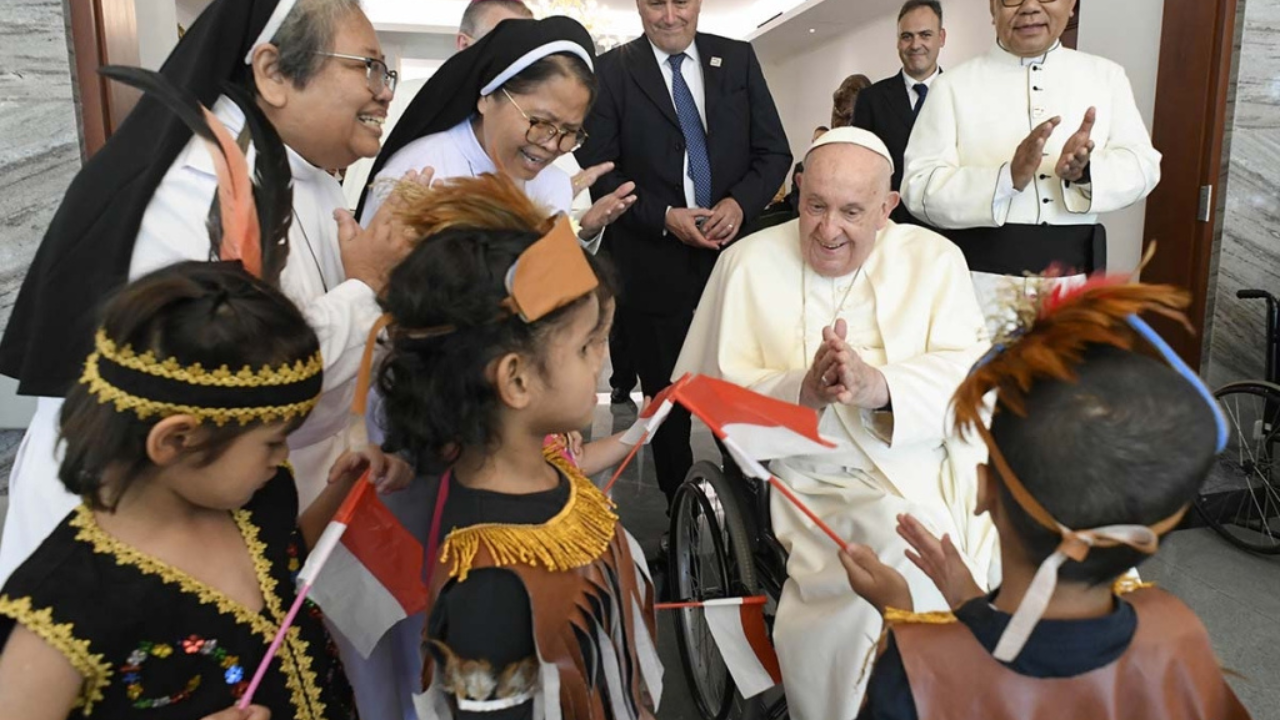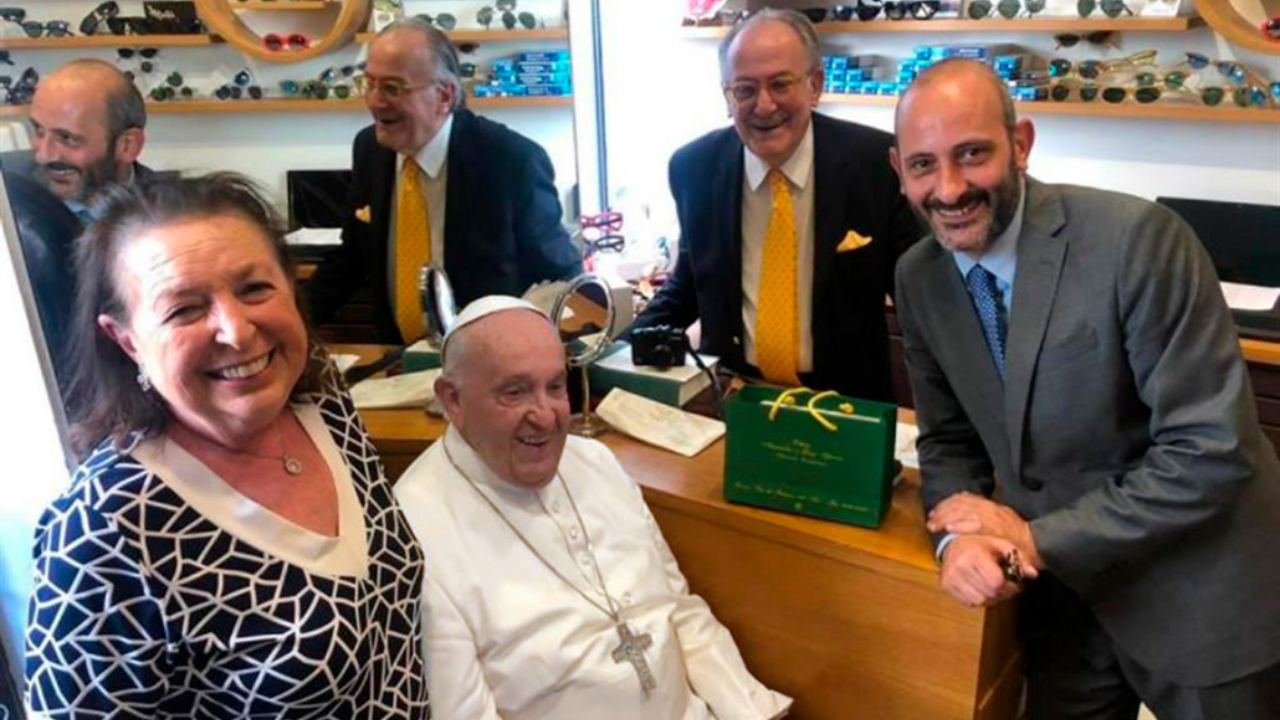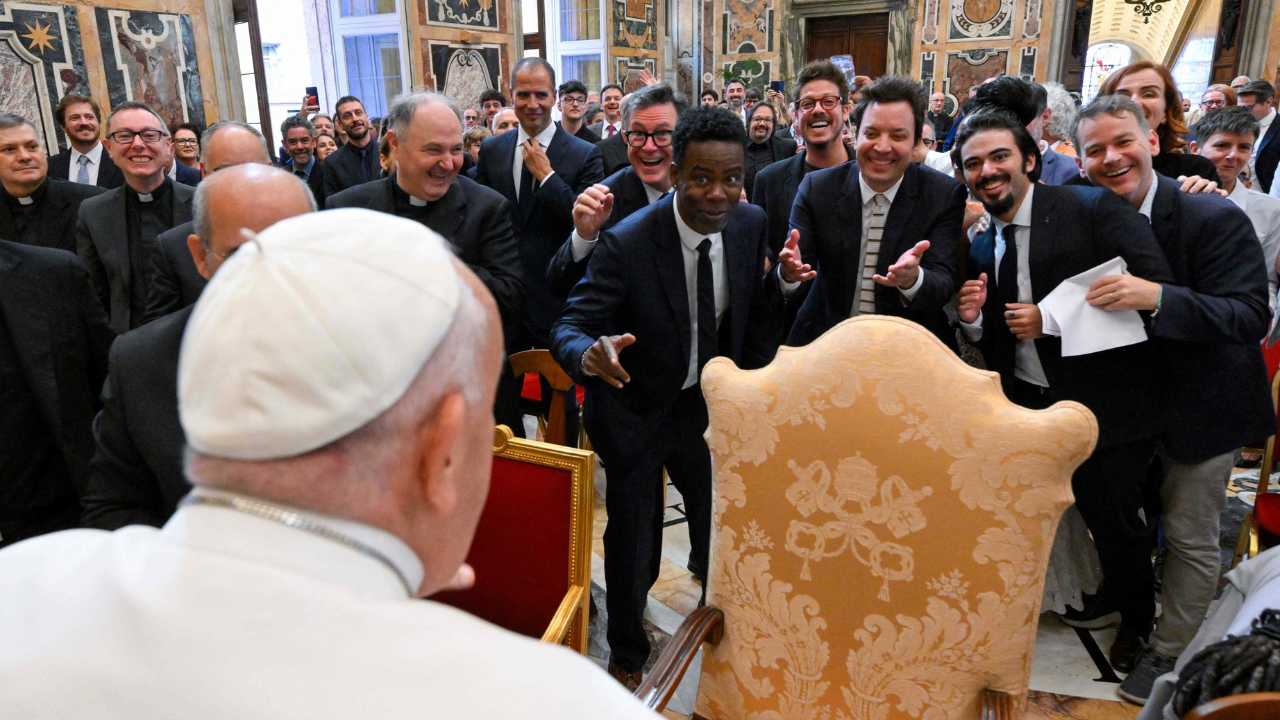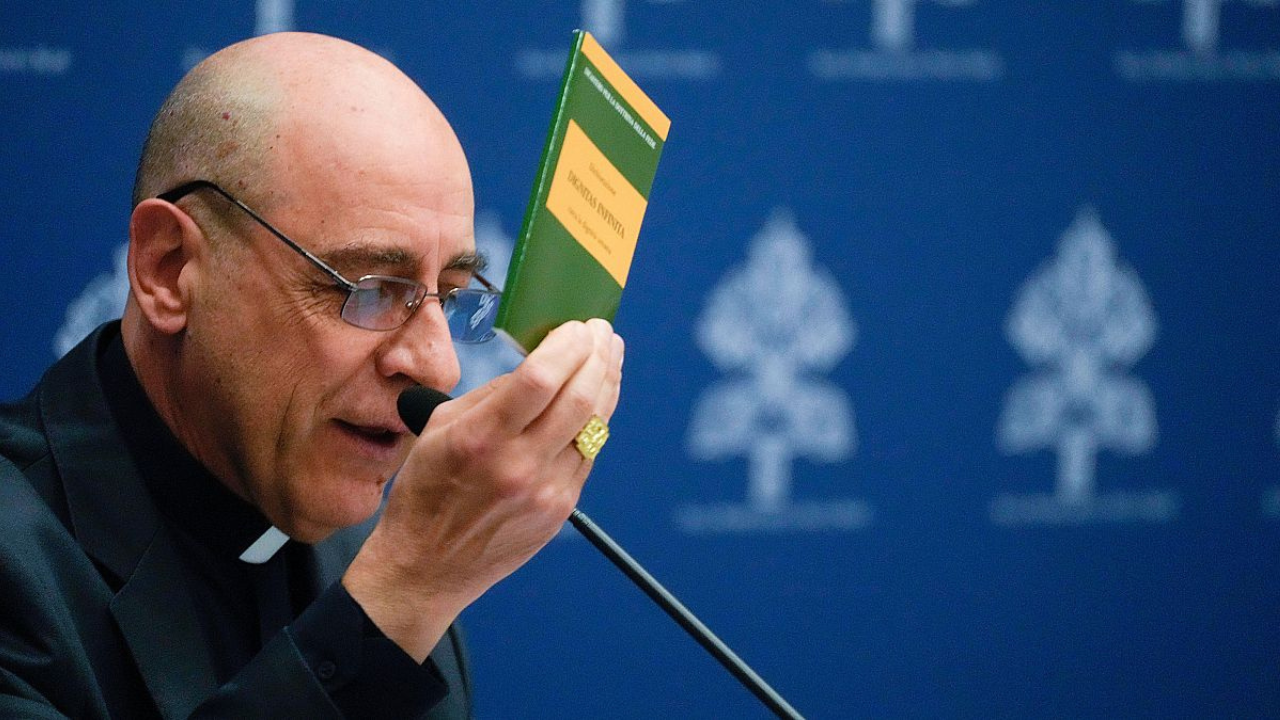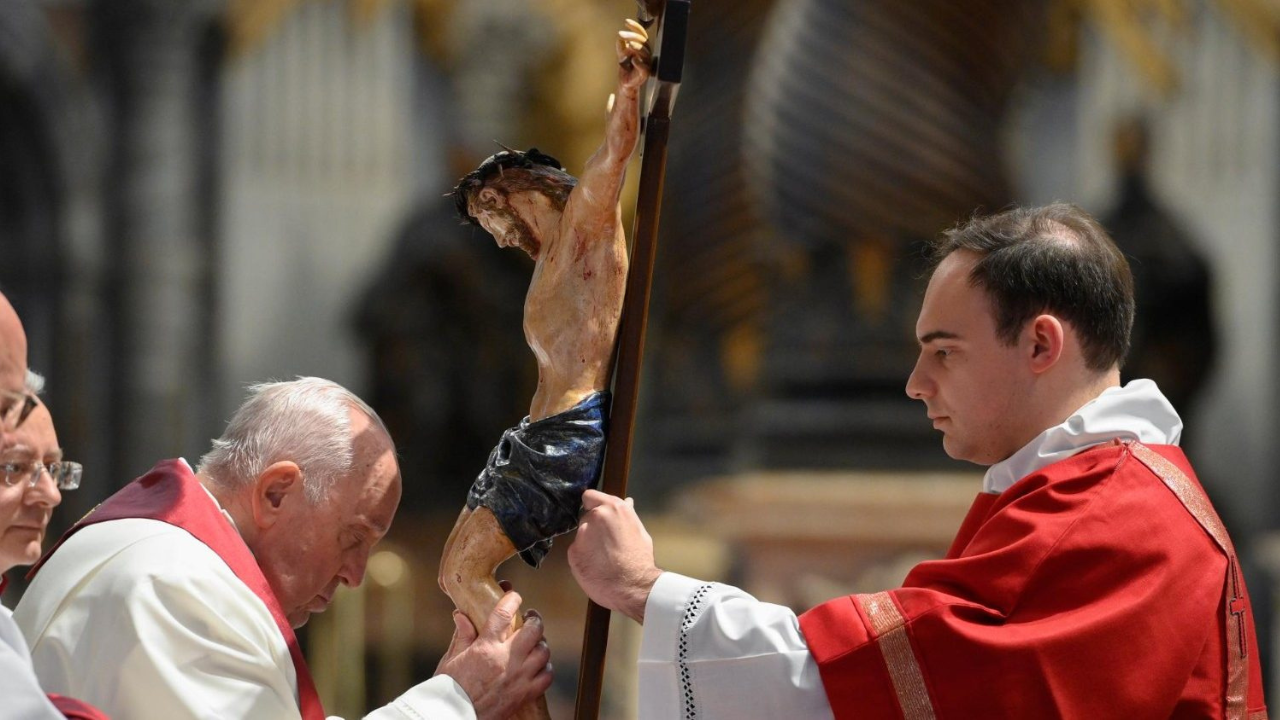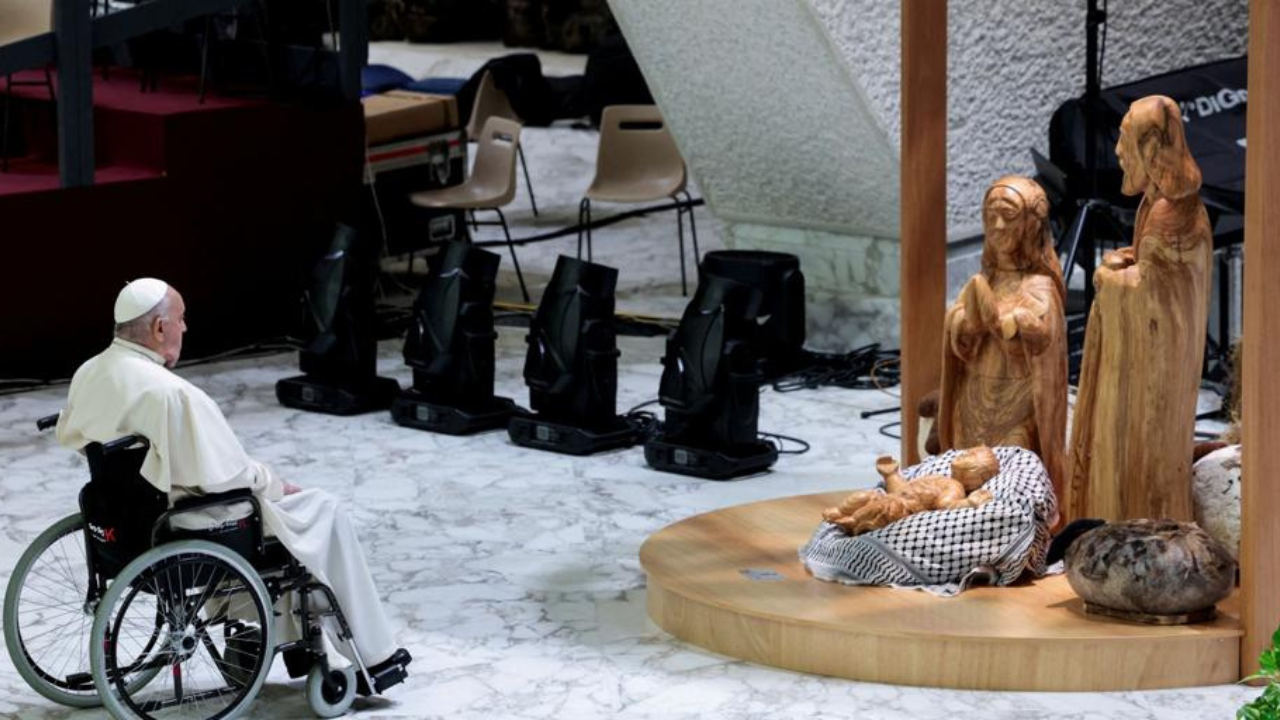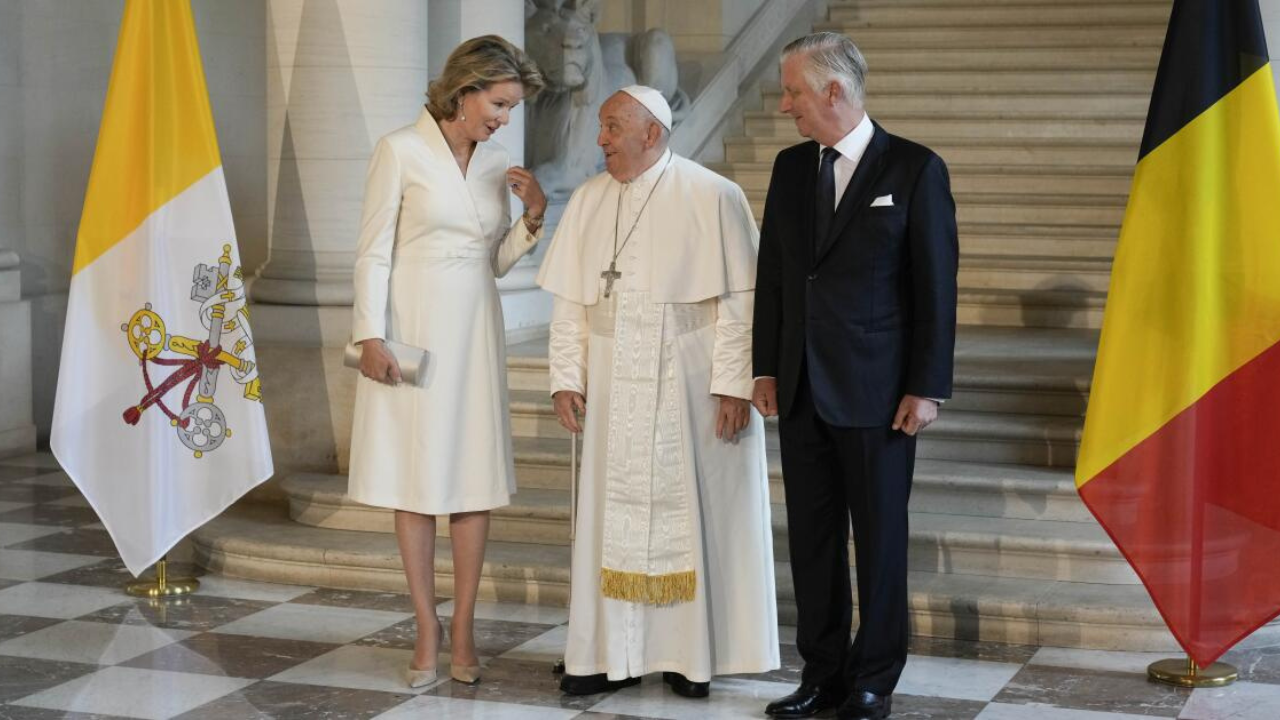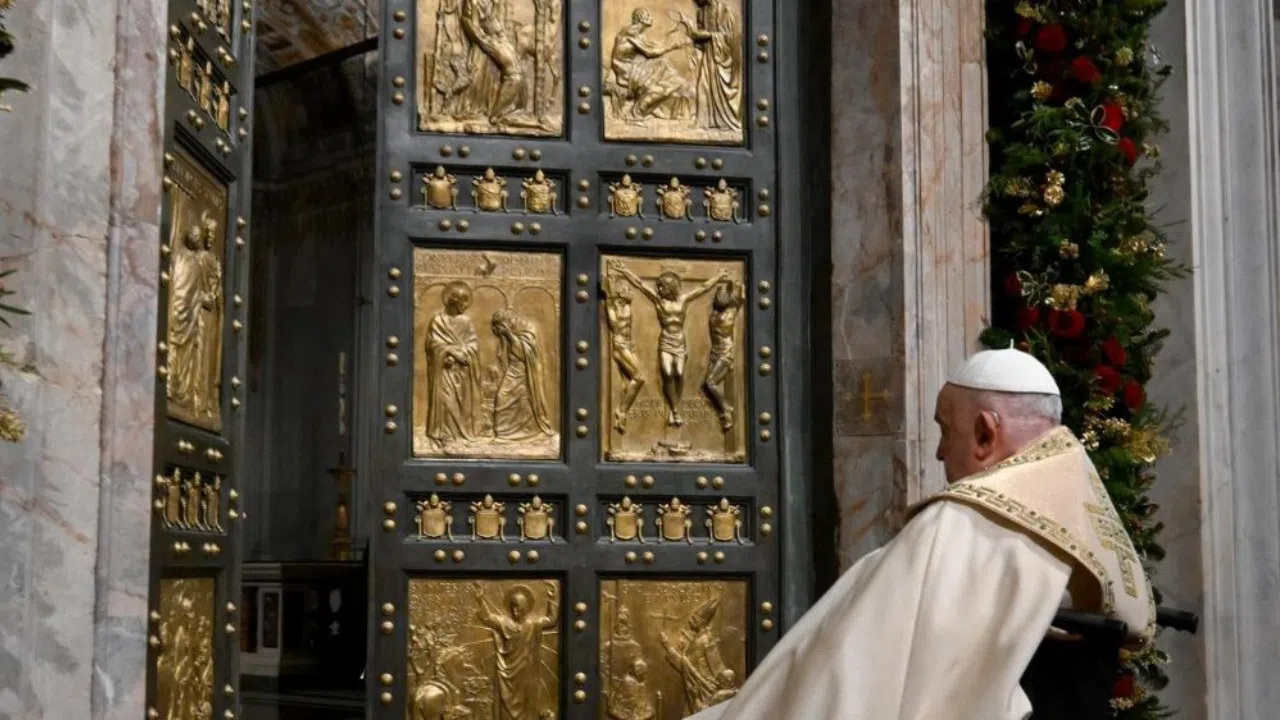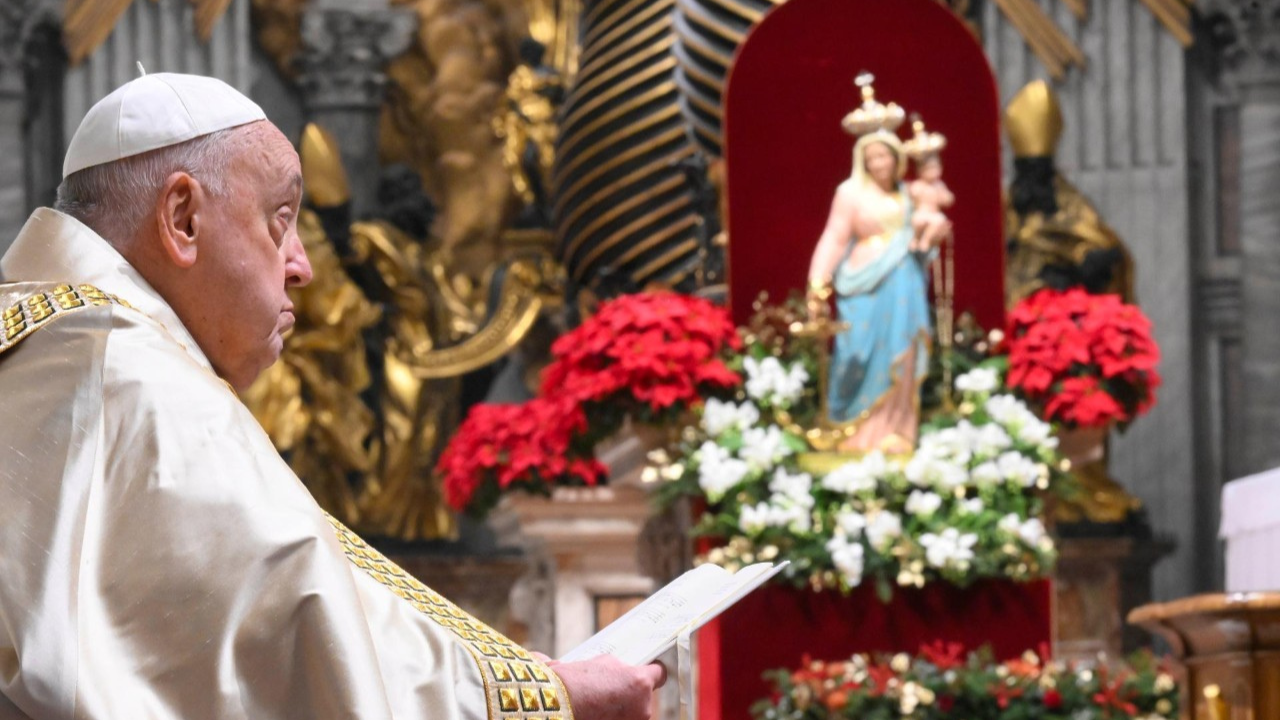The Vatican doctrinal office has issued new norms on the procedure to be followed when there are alleged supernatural events or apparitions in a diocese.
The norms replace those of 1978, when Pope Paul VI was in office. The main change is that from now on, the Vatican doctrinal office will not declare whether these events are real. At most, it will be possible to issue the so-called “nulla osta,” that is, an affirmation that indicates that there are no doctrinal inconveniences or evidence of deceptions.
The Dicastery for the Doctrine of the Faith has established more concrete norms on the authority that diocesan bishops and bishops' conferences have in these cases.
Generally, the bishops will have to set up a commission with at least one theologian, a canonist and an expert who can study the phenomenon in question. A delegate of that commission and the bishop will issue a statement that will be examined by Rome. Once the verdict has been studied and issued, the bishop, in agreement with the Dicastery for the Doctrine of the Faith, will make the result public.
Another purpose of this document is to accelerate the processes of examining supernatural events to provide an answer to the faithful as soon as possible. Modern media facilitates a rapid diffusion of information on these events, making it more urgent to issue a response.
The Church's involvement in alleged supernatural events or apparitions has shifted. Rather than stating if a supernatural event is true, the Church will simply clarify whether or not there are frauds or doctrinal problems. And it will take note of the presence of the so-called pastoral fruits—such as conversions or instances where faith is deepened.
JRB
TR: AT
